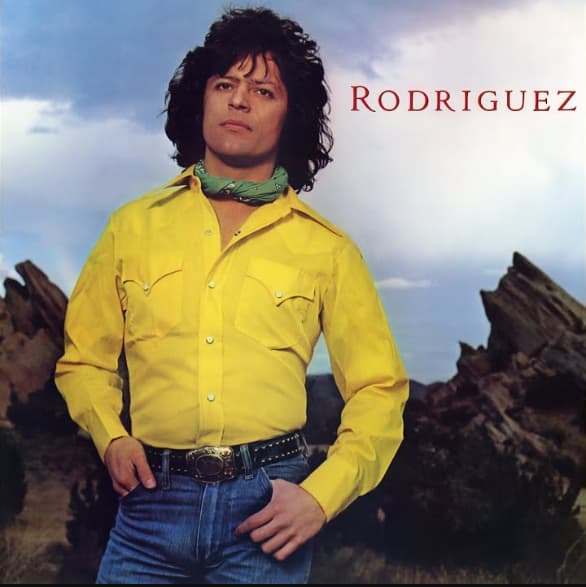
The Universal Language of Comfort: A Gentle Assurance in Times of Need
For those of us who came of age during the golden era of 1970s country music, the name Johnny Rodriguez evokes a particular warmth. He was a trailblazer, the first Mexican-American artist to achieve massive success in the genre, weaving his smooth, heartfelt baritone into the fabric of American country music. His voice, often tinged with a beautiful vulnerability, spoke to the soul, especially in an era when the music was becoming more polished yet still retaining its emotional core. Among his many hits that decorated the radio waves, the self-penned “Hand On My Shoulder” holds a special, quiet place, appearing on his 1979 album, Rodriguez.
While “Hand On My Shoulder” did not reach the iconic number one perch of some of his earlier singles like “You Always Come Back (To Hurting Me)” or “Ridin’ My Thumb to Mexico,” it was a track deeply embedded in the Rodriguez album, which itself peaked at a respectable number 45 on the US Country Albums chart. Its significance isn’t found in a chart-topping spot, but in the intimate and profound message it delivers. Unlike the rowdier, more traveling-man anthems that sometimes defined his Mercury and early Epic years, this song showcases Rodriguez at his most reflective and tender.
The story behind the song is often linked to the personal struggles and deep empathy that defined much of Johnny Rodriguez‘s life and art. His early life was marked by real hardship and loss—the death of his father and older brother, and run-ins with the law that were often woven into his own country mythology, even being famously mentioned in a David Allan Coe song. This background lent an authenticity to his voice, a sense that he truly knew what it meant to feel down and out. When he sings, he’s not just performing; he’s sharing a piece of his scarred, resilient heart.
“Hand On My Shoulder” is a ballad of unwavering support and simple, powerful connection. Its meaning is beautifully direct: it’s about being present for a loved one when they’re hurting, without needing words or grand gestures. The lyric’s power lies in its restraint, in the quiet assurance that someone is there, feeling the pain alongside you. It speaks to the universal need for comfort, that silent communication that transcends mere language. For many older listeners, it harkens back to a time when emotional support was less about therapy sessions and more about a knowing look, a shared silence, and the palpable weight of a loved one’s hand on your shoulder—a metaphor for a bond that neither time nor trouble can break. It’s a memory-evoking piece, a reminder that the greatest comfort in life is often the simplest and most human.